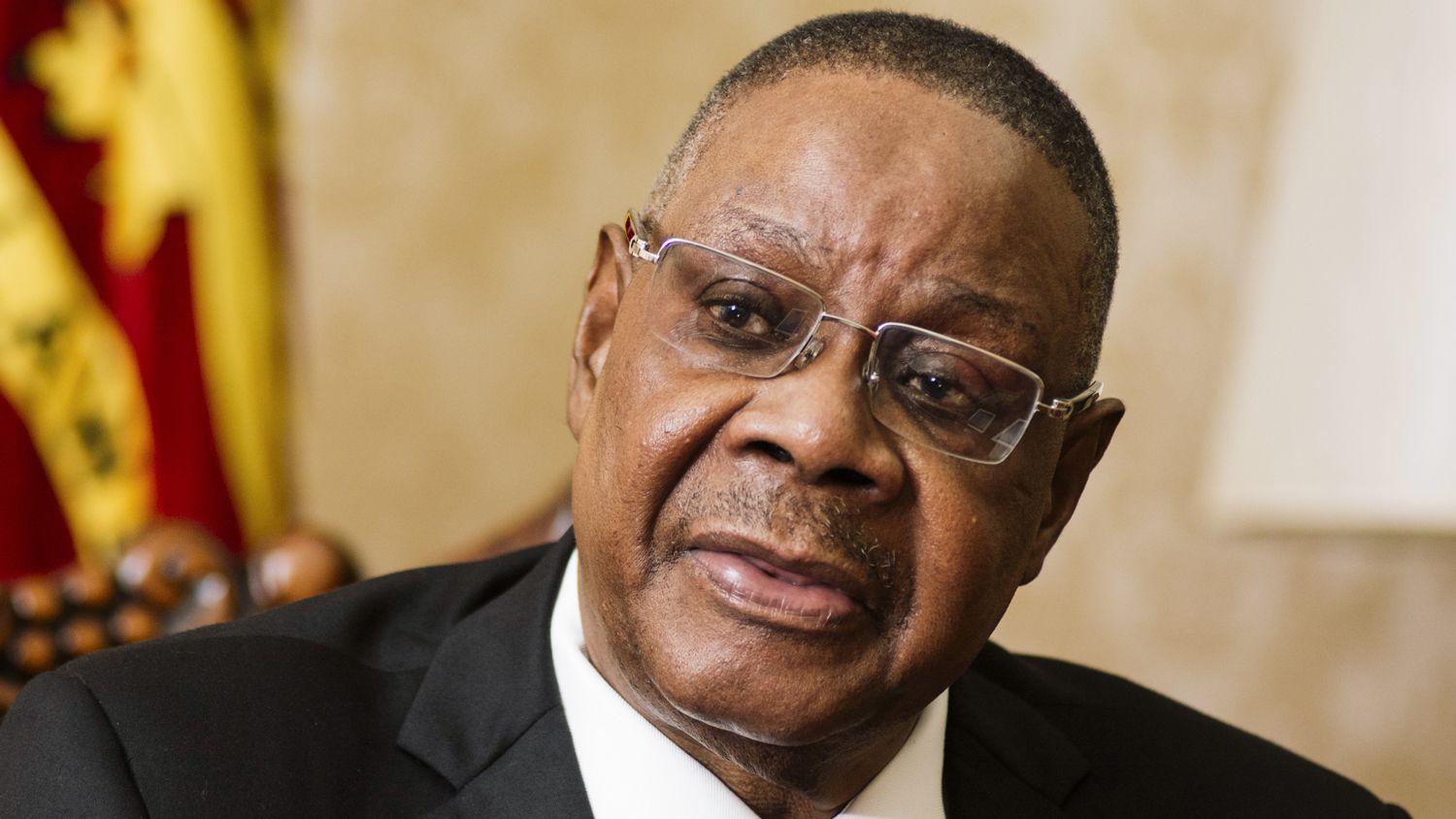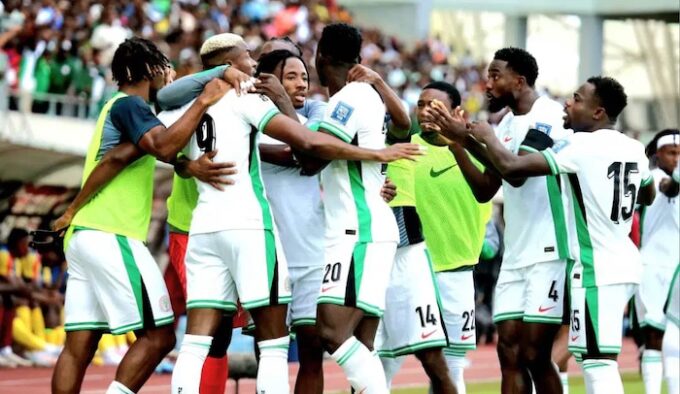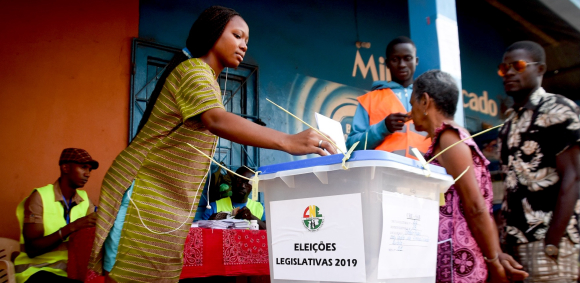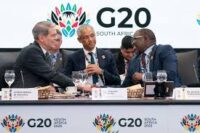Peter Mutharika, Malawi’s former president who was dramatically unseated by a court ruling five years ago, has made a remarkable political comeback by winning the country’s latest general election. The 85-year-old leader, who previously governed from 2014 to 2020, defeated incumbent President Lazarus Chakwera in a result that has stunned many Malawians and reshaped the country’s political future.
Mutharika’s victory comes after a turbulent period for Malawi, marked by one of the worst economic downturns in its history. Rising inflation, dwindling foreign reserves, food shortages, and the devastating impact of Cyclone Freddy left millions struggling in extreme poverty under Chakwera’s leadership. During his campaign, Mutharika appealed to public discontent by reminding voters of what he described as better times under his administration. Speaking in the local Chichewa language, he asked crowds, “Munandisowa eti? Mwakhaula eti?”—translated as, “You miss me, right? You have suffered, right?” That message appeared to resonate widely, even in regions traditionally loyal to his rival.
Born in 1940 in the tea-growing region of Thyolo, Mutharika’s early life was shaped by education. Raised by two teacher parents, he developed a passion for academia that took him across continents. After attending Dedza Secondary School, he studied law at Yale University in the United States during the 1960s. His academic career flourished as he became a professor of international justice, teaching at universities in the U.S., Tanzania, Uganda, and Ethiopia. Despite decades in academia, politics eventually drew him back home in 2004, when his older brother, Bingu wa Mutharika, became Malawi’s president.
Mutharika’s entry into government began as an adviser, before he was elected to parliament in 2009 under the Democratic Progressive Party (DPP). He went on to hold key cabinet roles, including minister of justice, minister of education, and foreign minister. His rapid rise to prominence, however, sparked controversy in 2010 when reports suggested his brother intended to position him as successor, fueling accusations of nepotism. When Bingu suddenly died in 2012, a constitutional crisis erupted. Then-vice president Joyce Banda resisted efforts by DPP loyalists to sideline her, assumed the presidency, and later accused Mutharika of plotting to conceal his brother’s death—a charge of treason that was eventually dropped after his 2014 election victory.
Mutharika’s first term as president was a mixed legacy. Supporters credit him with securing billions of dollars in loans from China to overhaul infrastructure, while significantly reducing inflation from 24% when he took office to single digits by the time he left. But his administration was also marred by corruption allegations, rolling blackouts, food shortages, and frustrations over governance. In 2018, he was accused of benefiting from a kickback in a police food supply contract, sparking mass protests, although he was later cleared. Mutharika defended himself as a leader committed to fighting corruption, famously telling the BBC in 2015 that he was “the only president in Africa that travels commercial.”
The real blow came in 2020, after he was re-elected in 2019. Judges annulled the results, citing widespread irregularities, including the use of Tipp-Ex correction fluid on results sheets. The scandal earned him the mocking title of the “Tipp-Ex president.” In an unprecedented move, the Constitutional Court ordered a rerun, which opposition leader Lazarus Chakwera won decisively. Mutharika, calling the ruling “unacceptable,” left office under a cloud of controversy as the court received international praise for upholding democratic principles.
Despite announcing he would retire from politics, Mutharika surprised many by re-entering the race this year, claiming supporters had urged him to save the country from economic collapse. His campaign was quieter than Chakwera’s, as he made fewer public appearances, fueling speculation about his health and whether he still had the stamina to govern. Yet, against all odds, Malawians returned him to power, even in regions once considered Chakwera’s strongholds such as Lilongwe and Nkhotakota.
Now, as Mutharika prepares to step back into the presidential residence with his wife, Gertrude Maseko, the weight of expectation is immense. He inherits a nation in crisis, with inflation over 30%, widespread poverty, and a people disillusioned by unfulfilled promises of prosperity. At 85, questions remain about whether he can restore economic stability, fight corruption, and deliver on his pledge to take Malawians back to what he insists were better times under his leadership.
For a man once written off after a humiliating court defeat, Peter Mutharika’s return to power represents one of the most dramatic comebacks in African politics. The real test, however, will be whether he can turn electoral nostalgia into meaningful reform and provide solutions to the economic and social hardships that dominate Malawians’ daily lives.














Leave a comment